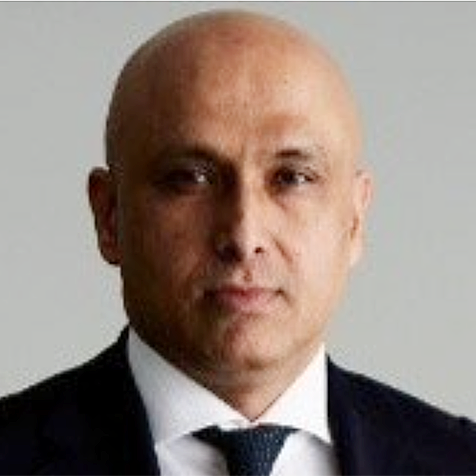Across Asia, the ubiquitous smartphone has quickly morphed from a communication device into a vital investment management and marketing tool for wealth managers and clients alike.
It was only a matter of time before Asia’s wealthy embraced the concept of communicating and exchanging investing ideas with their wealth managers by utilizing prevalent instant messaging platforms such as WhatsApp and WeChat.
Indeed, it could be argued that it was the demand from clients that drove the banks to calibrate their services to accommodate the contemporary channels in the first place.
In Asia, wealthy bank clients want to use messaging apps. They are comfortable transacting on their smartphones across all consumer sectors and have rapidly embraced digital banking over the more clunky and immobile desktop banking.
Asia is also seeing a giant generational transfer of wealth. The younger bank clients and millennials prefer to bank digitally. If wealth managers miss engaging with this group first time around they may not get a second chance.
To date at least, the use of the messaging platforms has benefited both the wealth managers and their clients.
For the bankers the communication medium is always on. It is also a direct marketing tool that can push breaking news and investment proposals to clients in a cost-effective manner. The use of messaging apps also resonates with chief financial officers who see a saving through a dramatic reduction in man-hours.
Until now compliance has been a key issue and stumbling block for banks wanting to implement messaging app services.
The Markets in Financial Instruments Directive II requires that interaction with a customer via messaging apps must be subject to recording and compliance checks, the same as emails and phone calls already are.
Such was the regulator's concern that in May this year Hong Kong’s Securities and Futures Commission issued regulatory requirements for client orders received through instant messaging applications.
This concern, however, now looks to have been addressed and we can expect to see a flurry of new instant messaging-based banking services come to the market.
Singapore’s largest bank DBS has launched its own banking service using instant messaging platforms, as The Asset recently reported.
According to the bank, “DBS Wealth Chat” will record chats between its relationship managers and clients which will be archived meaning the provision will meet compliance standards.
To access the new service, relationship managers register interested clients in a private chat group with the bank. Upon confirmation, DBS then sets up a unique chat group administered by the bank between the client and his/her relationship manager (RM).
Once the chat group between the RM and client is instigated, conversations and file exchanges that occur within the chat group will be archived by the bank without any intervention required from the relationship manager. The entire process is fully automated.
Asian-based bank clients now receive information via instant messaging directly relevant to their own circumstances, giving them the opportunity to make timely investment decisions. Clients can also reach their relationship manager easily, perhaps too easily for some wealth managers liking.
Of course, there are times when face-to-face meetings must take place. But with Asia’s ranks of wealthy dominated by entrepreneurs, many of whom travel frequently across the region and beyond and do not work to regular patterns, transacting via WhatsApp or WeChat is now second nature.
Several banks in Asia are already working with messaging platforms including US giant Citi who contact their mass affluent and consumer banking customers through WeChat and WhatsApp. Look to the tech-driven bank to further ramp up this service.
The region’s largest wealth manager UBS is also exploring the concept. In 2017, UBS and FinChat, a Singapore based technology company announced an agreement to develop a solution allowing secured social chat communication between its clients and advisors.
UBS based their move on requests from clients who repeatedly said they want to use chat apps for communication with their client advisors and to receive product and investment recommendations.
The imminent introduction of virtual banks in Hong Kong will further boost the usage of messaging apps as a mainstream client communication tool. Standard Chartered has committed to establishing a virtual bank and already collaborates with messaging app WeChat.
Banks in Asia are under pressure from fintechs and digital payment providers such as Alibaba’s Alipay service and Tencent’s WeChat wallet. Amazon and even Apple are also said to be looking to make inroads into traditional banking territory including wealth management.
Banks need to move quickly to embed themselves in the daily digital lives of their wealthy customers. Exploiting the potential messaging platforms can offer might yet stave off the threat, at least for now.









